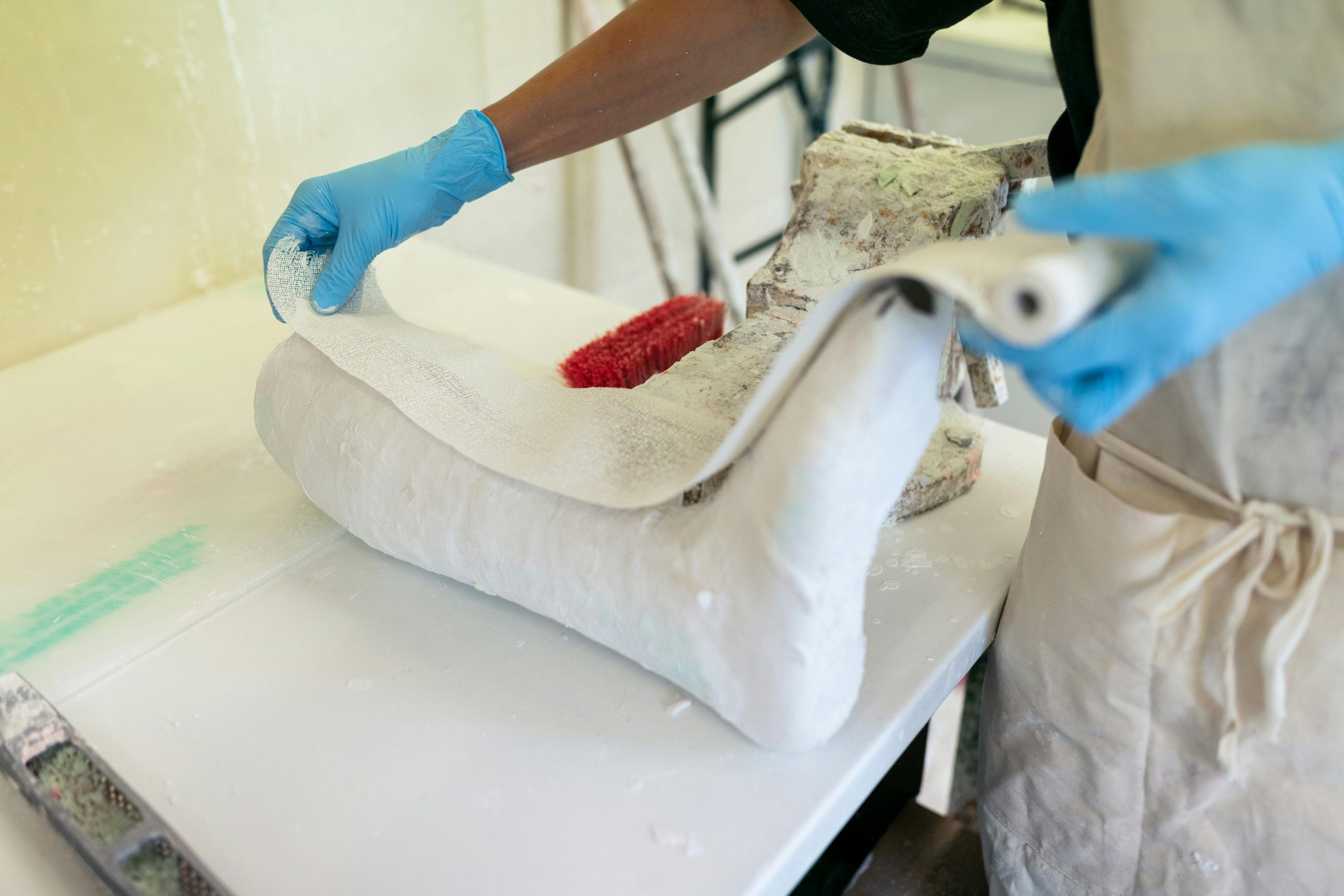Exploring Custom Fabrication Services for Aluminum Laptop Chassis: Enhancing Your Gaming Laptop
For gaming enthusiasts and tech aficionados seeking to upgrade their laptop’s aesthetics and durability, customizing the chassis can be a rewarding endeavor. If you’re aiming to replace your existing plastic frame with a precisely crafted aluminum chassis, several specialized service providers can help turn this vision into reality.
Why Consider a Custom Aluminum Chassis?
Switching from a plastic to an aluminum framework offers numerous benefits, including improved structural rigidity, enhanced heat dissipation, and a premium look and feel. However, the process requires precise manufacturing capabilities such as CNC machining or laser cutting, tailored to your specific laptop dimensions and design specifications.
Finding the Right Custom Fabrication Partner
Many companies specialize in custom metal fabrication, with expertise in small-scale precision manufacturing suitable for laptop chassis. These providers typically offer services like CNC machining, laser cutting, and finishing to produce high-quality, durable components.
Potential Resources and Recommendations
– Local CNC Machining Services: Many machine shops offer small-batch custom fabrication. Engaging a reputable local provider can ensure close communication and faster turnaround times.
– Online Custom Fabrication Firms: Companies specializing in custom electronics enclosures and metal parts, such as Xometry, Protolabs, or SendCutSend, provide online quoting tools and rapid prototyping services. They can work from your CAD files to produce aluminum chassis components with high precision.
– Specialized Custom Laptop Modding Services: A niche yet growing market includes businesses that focus on custom gaming laptop modifications. While less common, some modders or fabrication studios might accept project-based commissions to manufacture bespoke chassis.
Steps to Proceed
1. Design Preparation: Create detailed CAD drawings of your desired chassis, including dimensions, mounting points, and hinge integrations.
2. Material Selection: Choose appropriate aluminum alloys (e.g., 6061, 5052) known for strength and machinability.
3. Quote Requests: Reach out to multiple fabrication providers with your designs to obtain quotes and turnaround estimates.
4. Prototype Development: Consider producing a prototype to verify fit, finish, and performance before committing to a full production run.
5. Assembly and Integration: Plan for the integration of hinge mounts and other components, ensuring your design accommodates all necessary hardware.
Final Thoughts
Custom aluminum chassis fabrication is a feasible and worthwhile investment for those
Share this content:



